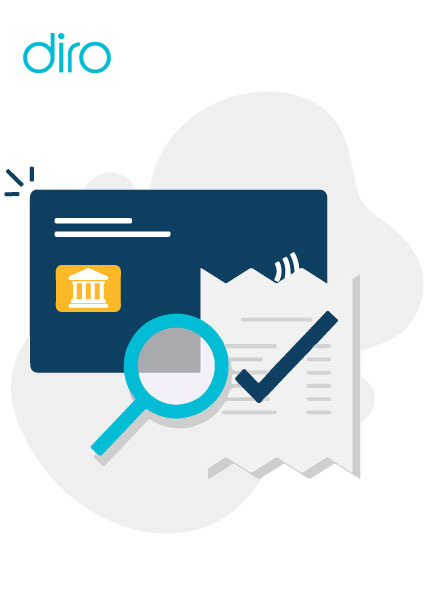Data Validation for Retailers

In the fast-paced world of retail, accurate and reliable data is the cornerstone of success. Retailers deal with vast amounts of information, from inventory management to customer details and marketing analytics. Ensuring the integrity of this data is critical for making informed decisions and providing a seamless customer experience. This is where data validation comes into play.
10 Advantages of Data Validation
Let’s explore the 10 key benefits that data validation brings to retailers.
1. Accurate Inventory Management
One of the primary advantages of data validation in retail is accurate inventory management. Validating product quantities, SKUs, and other inventory-related data helps prevent overstock or stockouts.
This, in turn, optimizes supply chain efficiency and ensures that customers find the products they need when they need them.
2. Improved Customer Experience
Data validation ensures the accuracy of customer information, including contact details and purchase history. This accuracy translates into improved communication and personalized experiences.
When retailers have reliable customer data, they can tailor their interactions, provide relevant recommendations, and build stronger, more lasting relationships with their clientele.
3. Reduced Errors in Orders
Validating order details, addresses, and payment information significantly reduces the likelihood of errors in order processing.
Ensuring that the right products are shipped to the correct addresses with accurate payment details minimizes returns, customer dissatisfaction, and the associated costs.
4. Effective Marketing Campaigns
Accurate customer demographic and segmentation data is vital for crafting targeted and effective marketing campaigns. Data validation ensures that marketing efforts reach the right audience, increasing the likelihood of engagement and conversion.
This not only saves marketing costs but also enhances the return on investment (ROI) for promotional activities.
5. Enhanced Decision-Making
Reliable data is the foundation for sound decision-making. Data validation provides assurance that the information used for analysis and strategic planning is accurate. This empowers retailers to make informed decisions based on real insights, contributing to the overall success and growth of the business.
6. Compliance with Regulations
In an era where data protection and privacy regulations are becoming increasingly stringent, data validation is crucial for compliance.
Ensuring that customer data is accurate and up-to-date not only protects the privacy of individuals but also shields retailers from legal and financial consequences associated with regulatory non-compliance.
7. Cost Reduction
Data validation contributes to cost reduction in various ways. By minimizing errors in orders, returns, and customer support inquiries, retailers can cut down on operational expenses. Additionally, accurate data reduces the need for rework and correction, saving both time and money in the long run.
8. Prevention of Fraud
Validating customer information and payment details is a key component in the prevention of fraudulent activities. With accurate data, retailers can identify and flag suspicious transactions, reducing the risk of financial losses and protecting both the business and its customers.
9. Efficient Supply Chain Management
For retailers, a smooth and efficient supply chain is vital. Data validation ensures that supplier data, product specifications, and pricing information are accurate and up-to-date. This contributes to a streamlined supply chain, minimizing disruptions and ensuring the timely availability of products.
10. Improved Data Integration
In a technology-driven retail landscape, seamless data integration is essential. Data validation ensures data consistency and compatibility, making it easier for retailers to integrate their systems and platforms. This leads to improved operational efficiency and a more cohesive and interconnected retail ecosystem.
Conclusion
In conclusion, data validation is not just a technical process; it’s a strategic necessity for retailers. The benefits outlined above collectively contribute to a more efficient, customer-centric, and competitive retail environment.
By investing in data validation practices, retailers can future-proof their operations and pave the way for sustained success in the dynamic world of retail.













